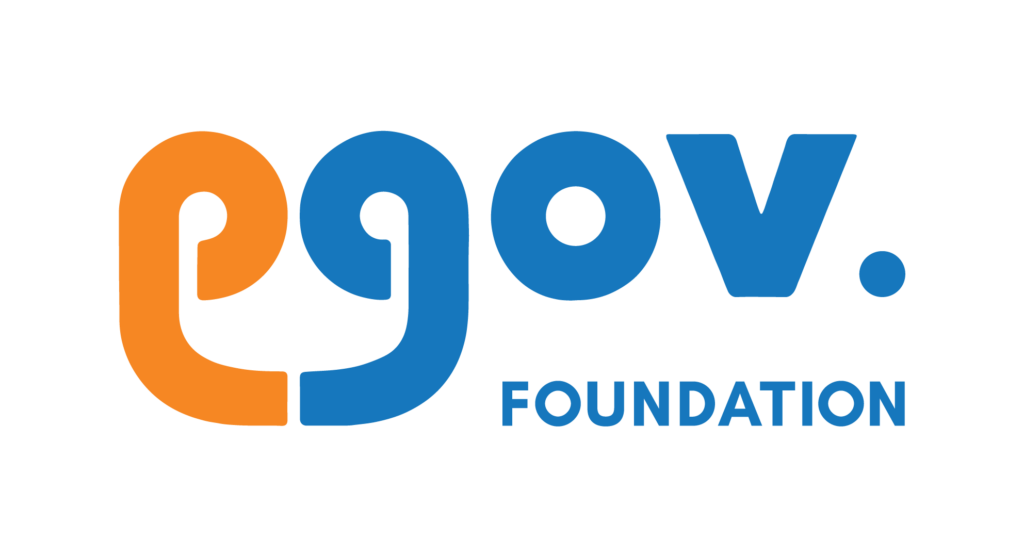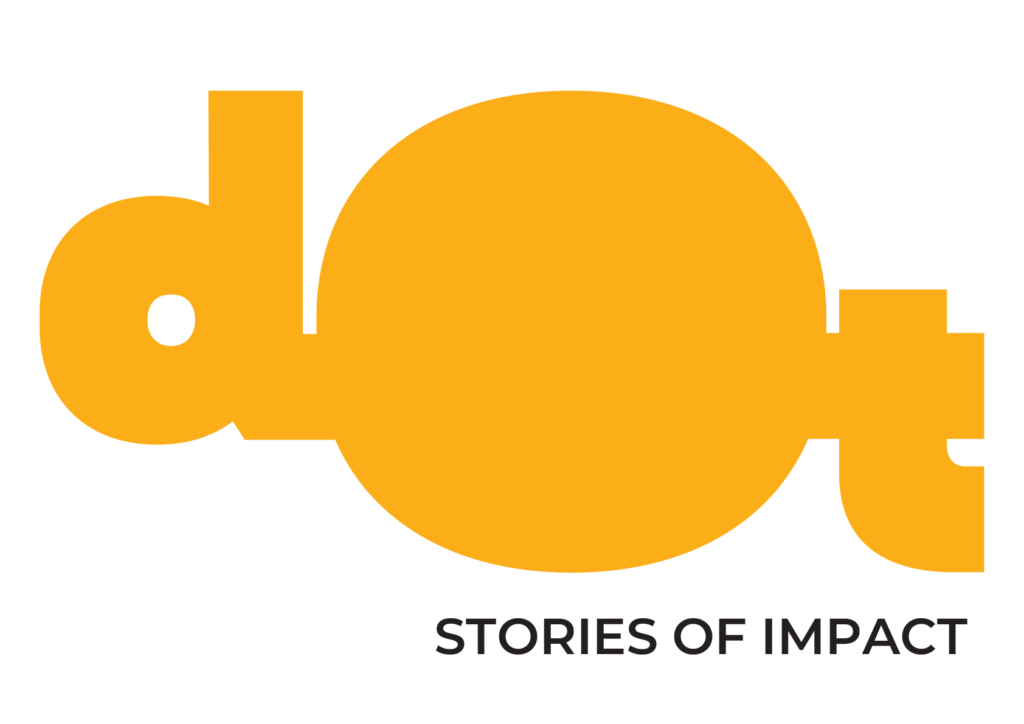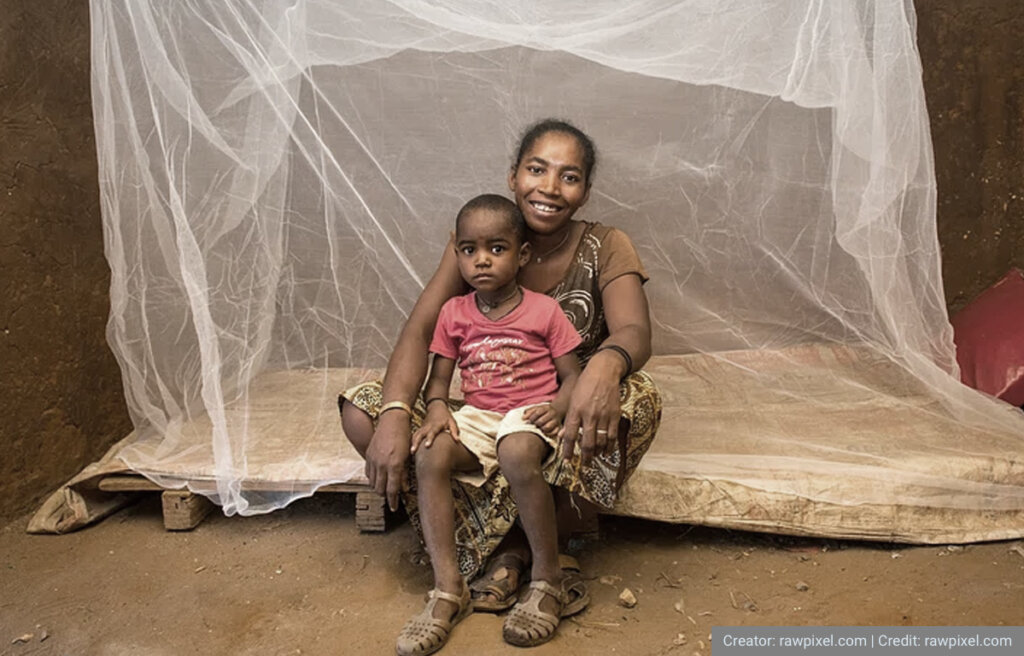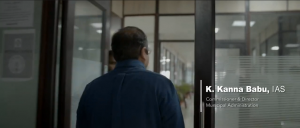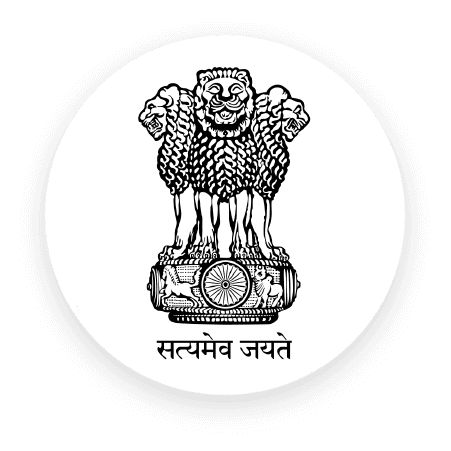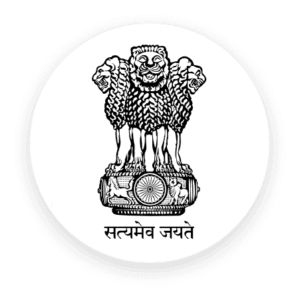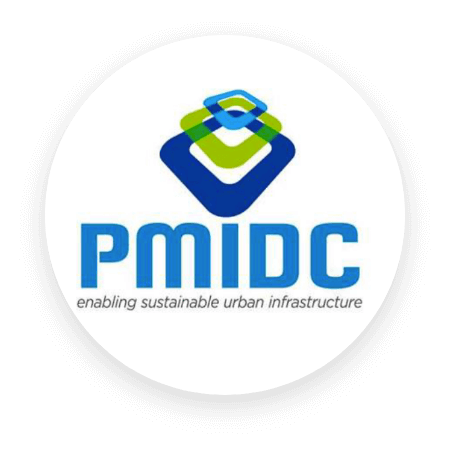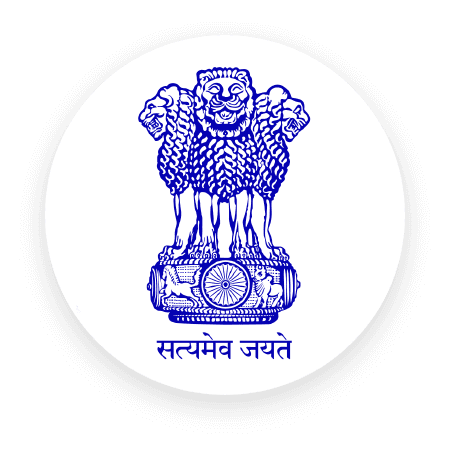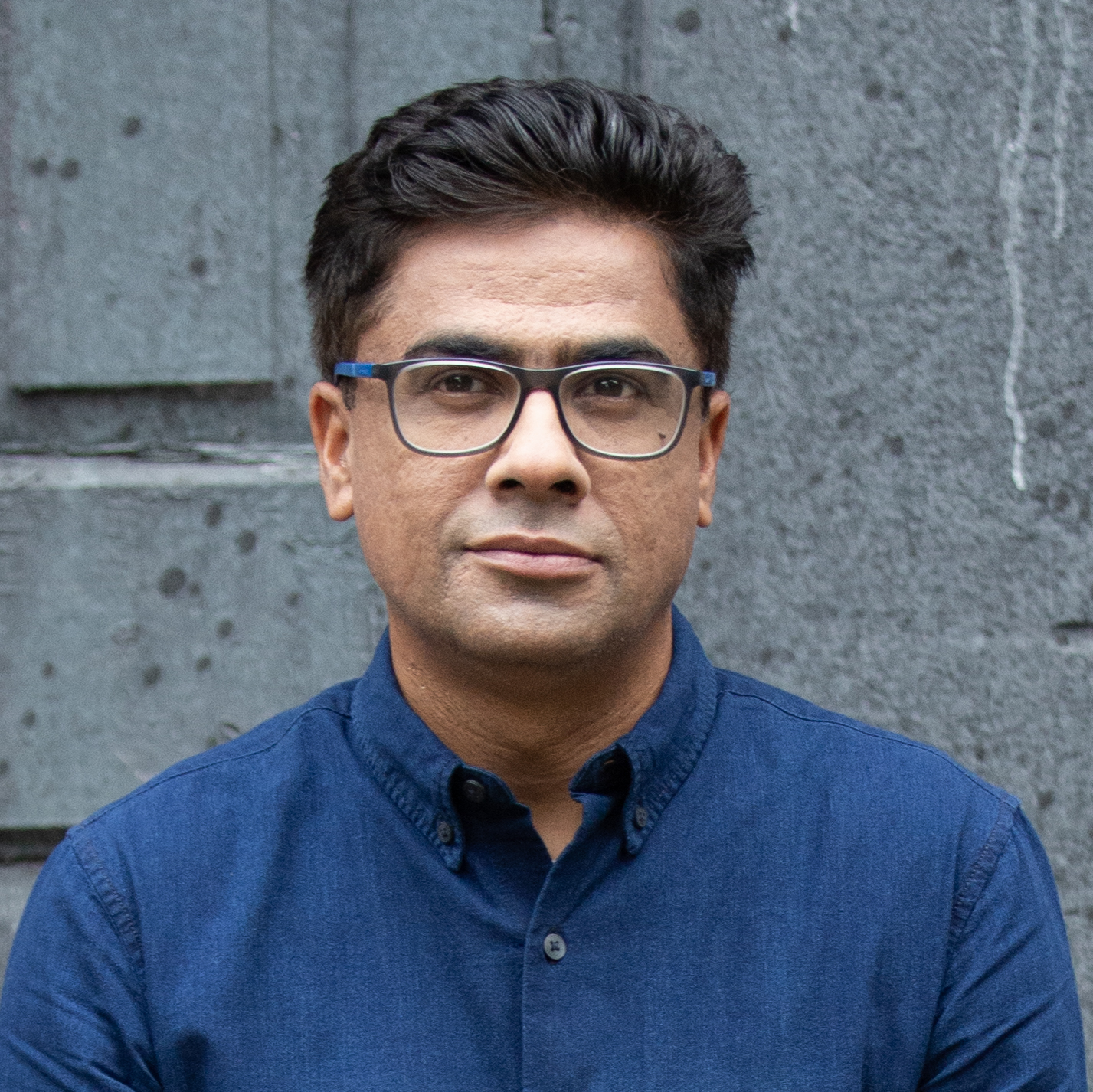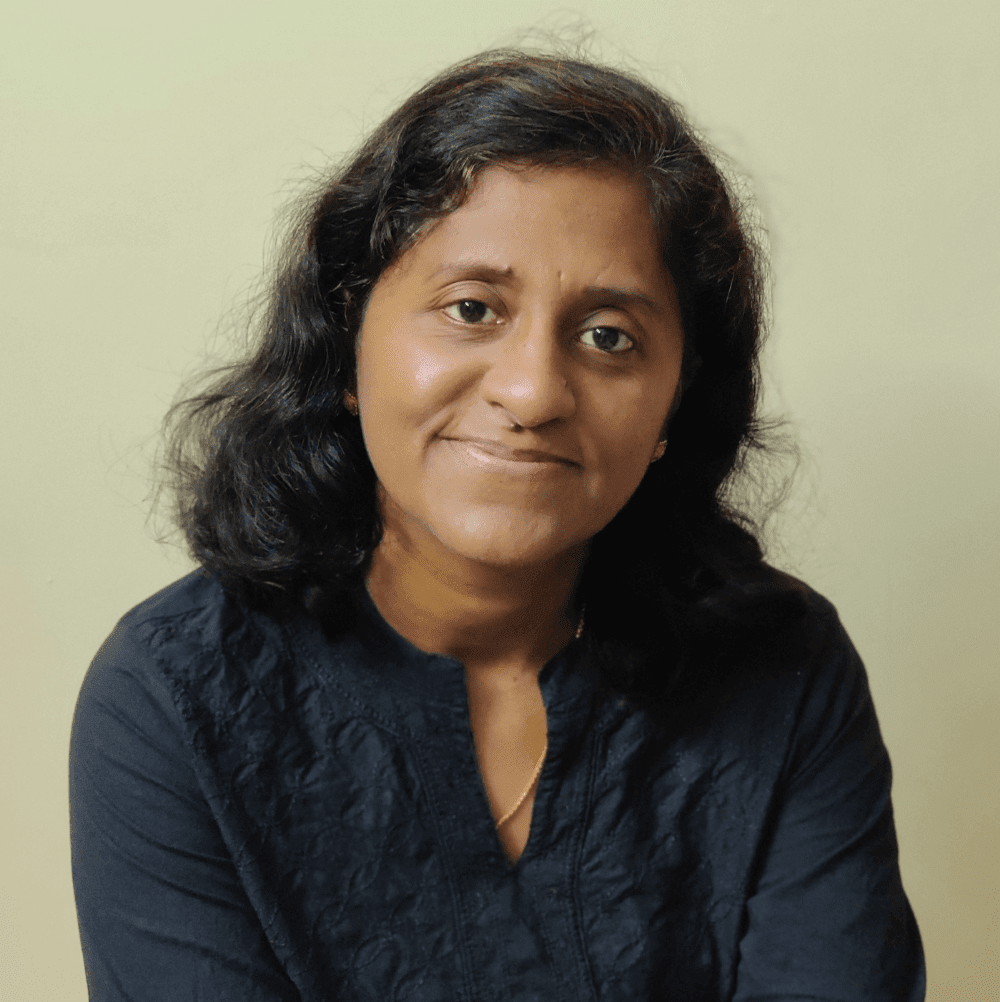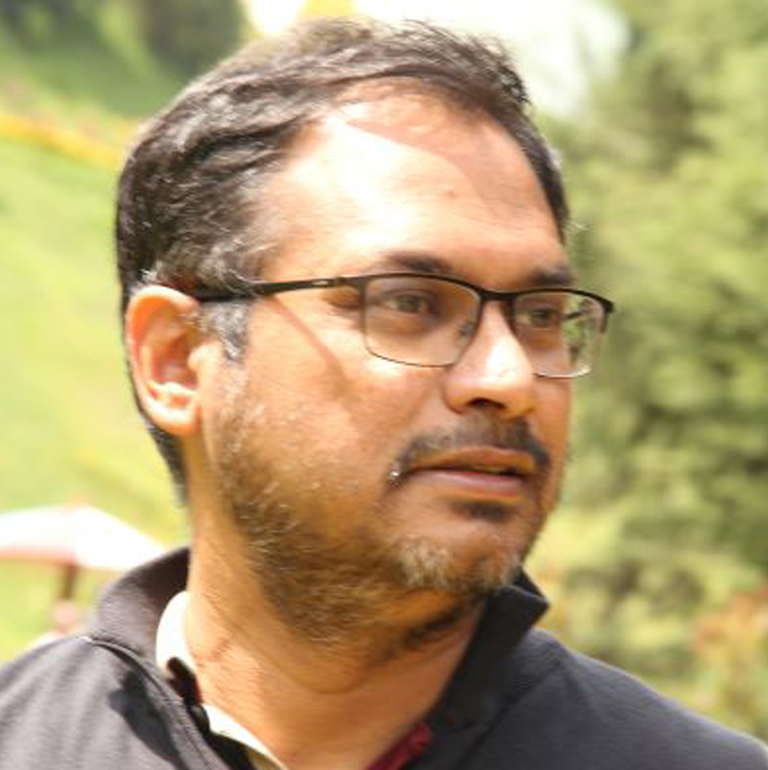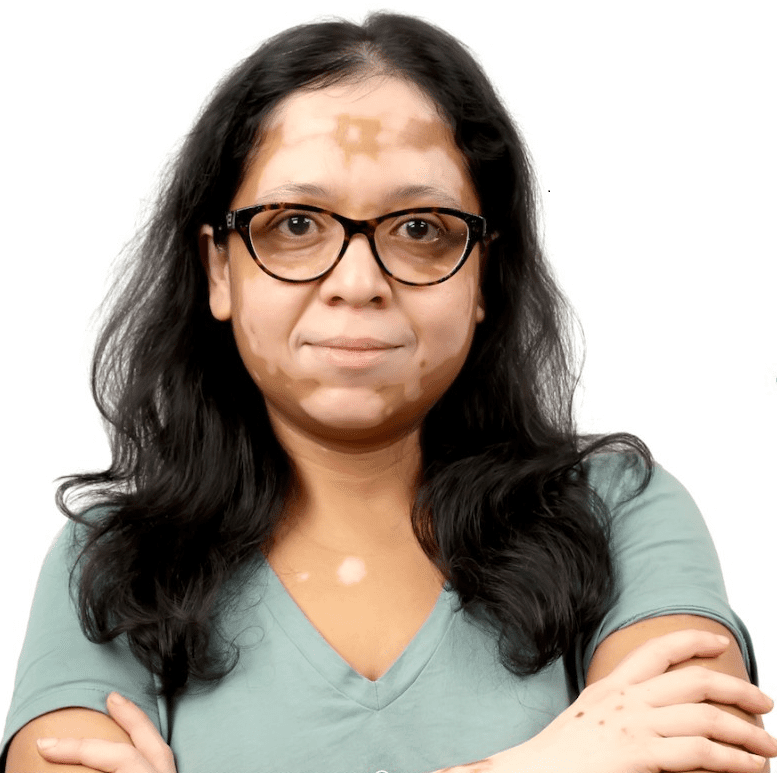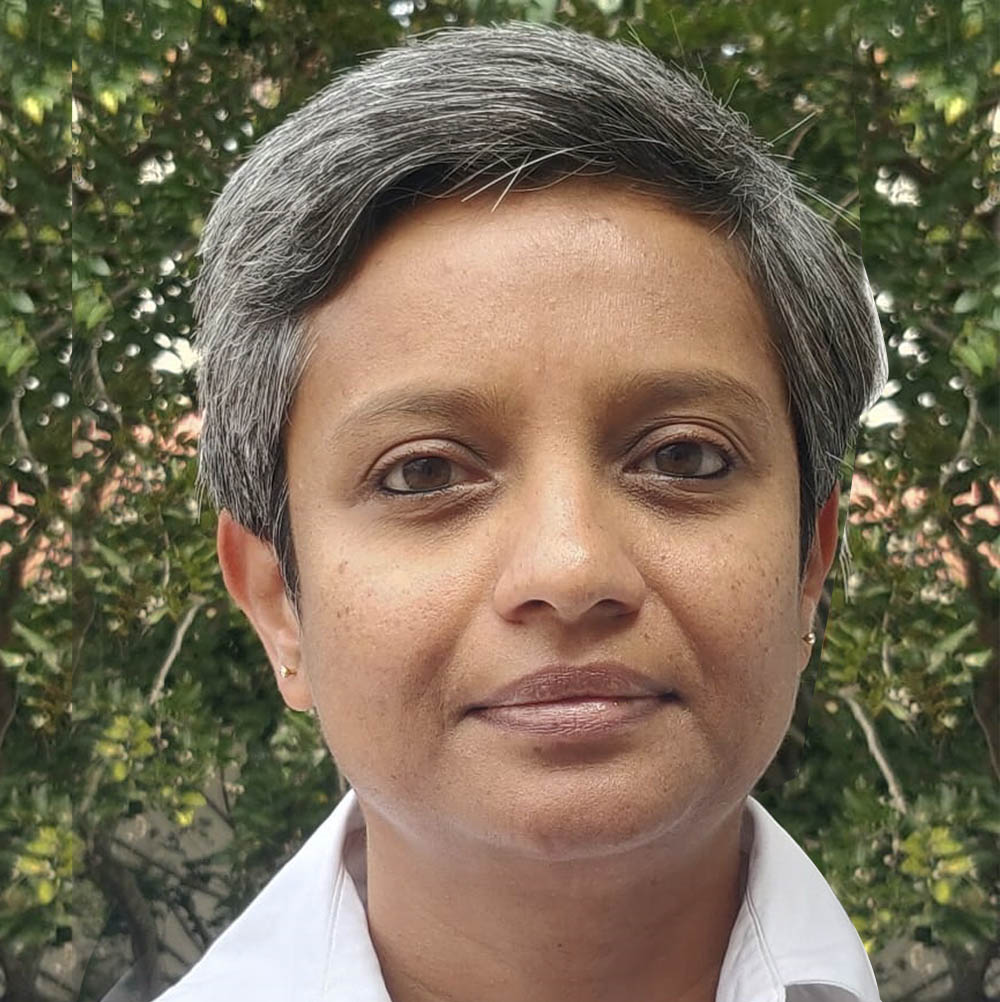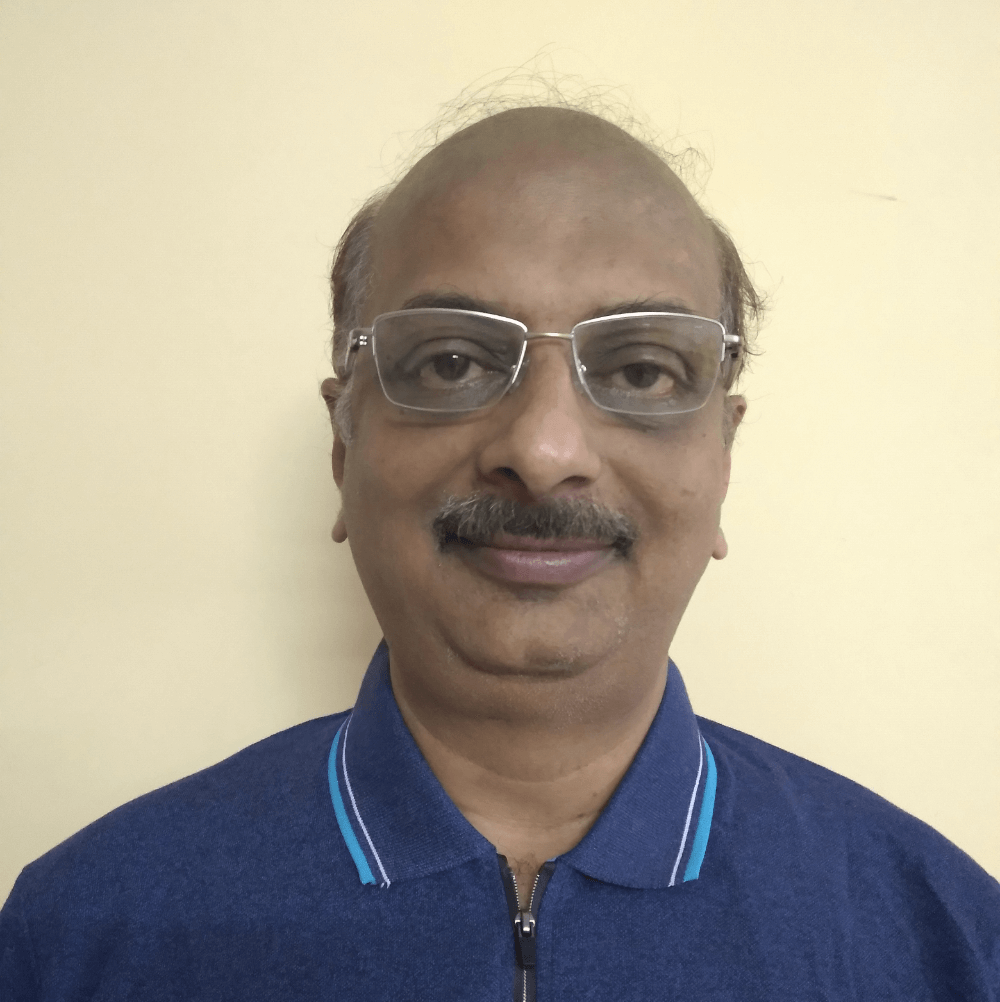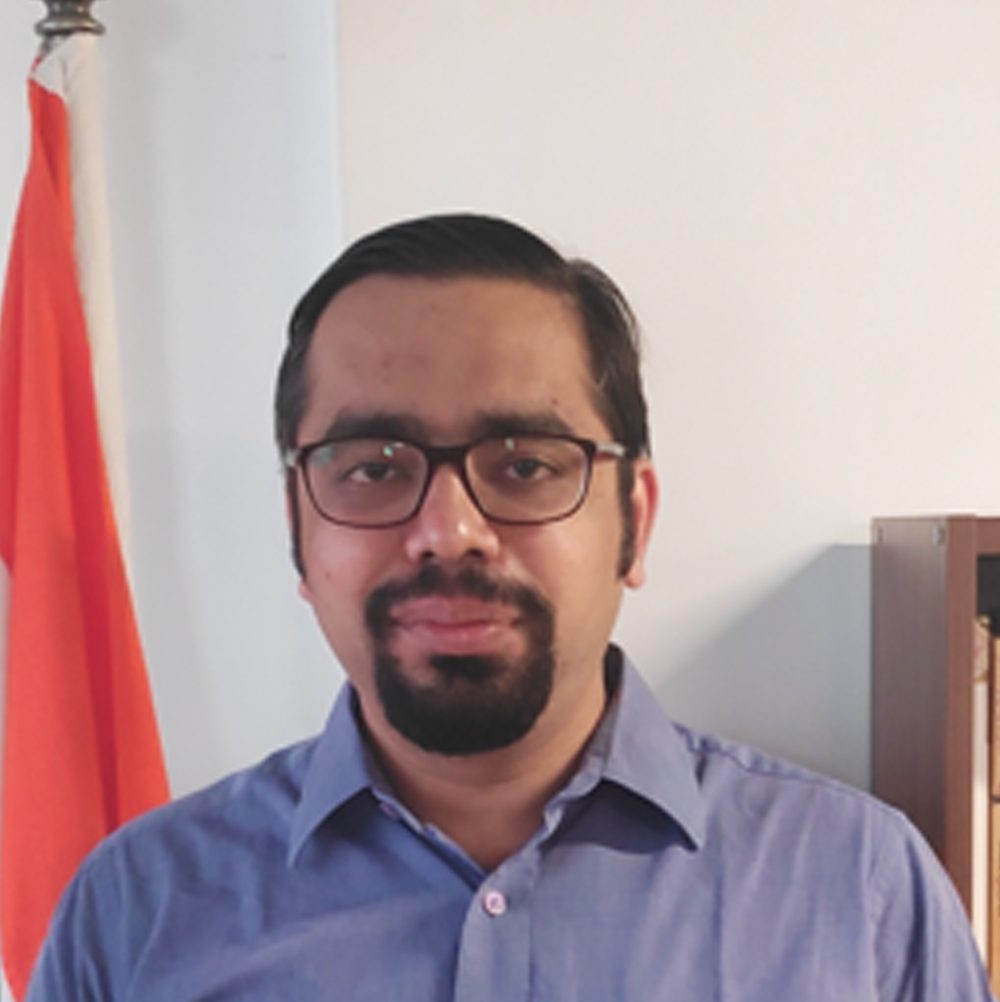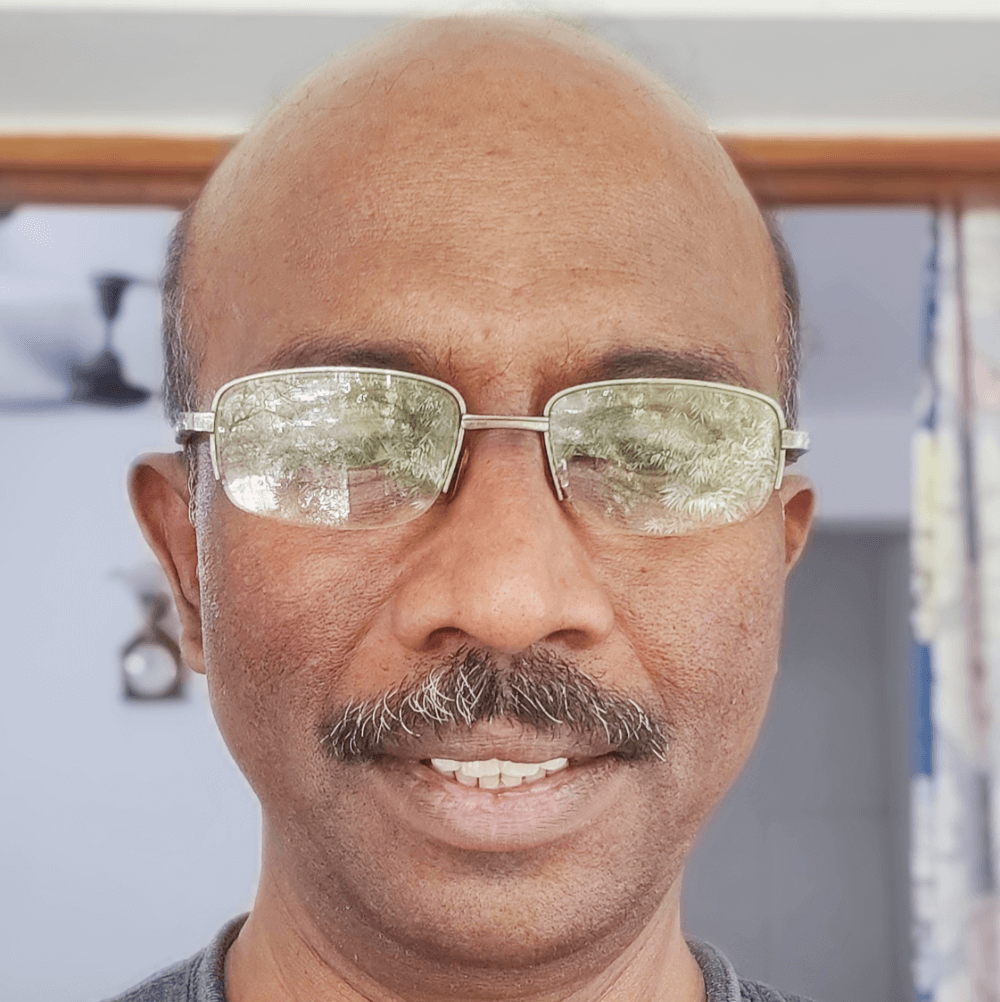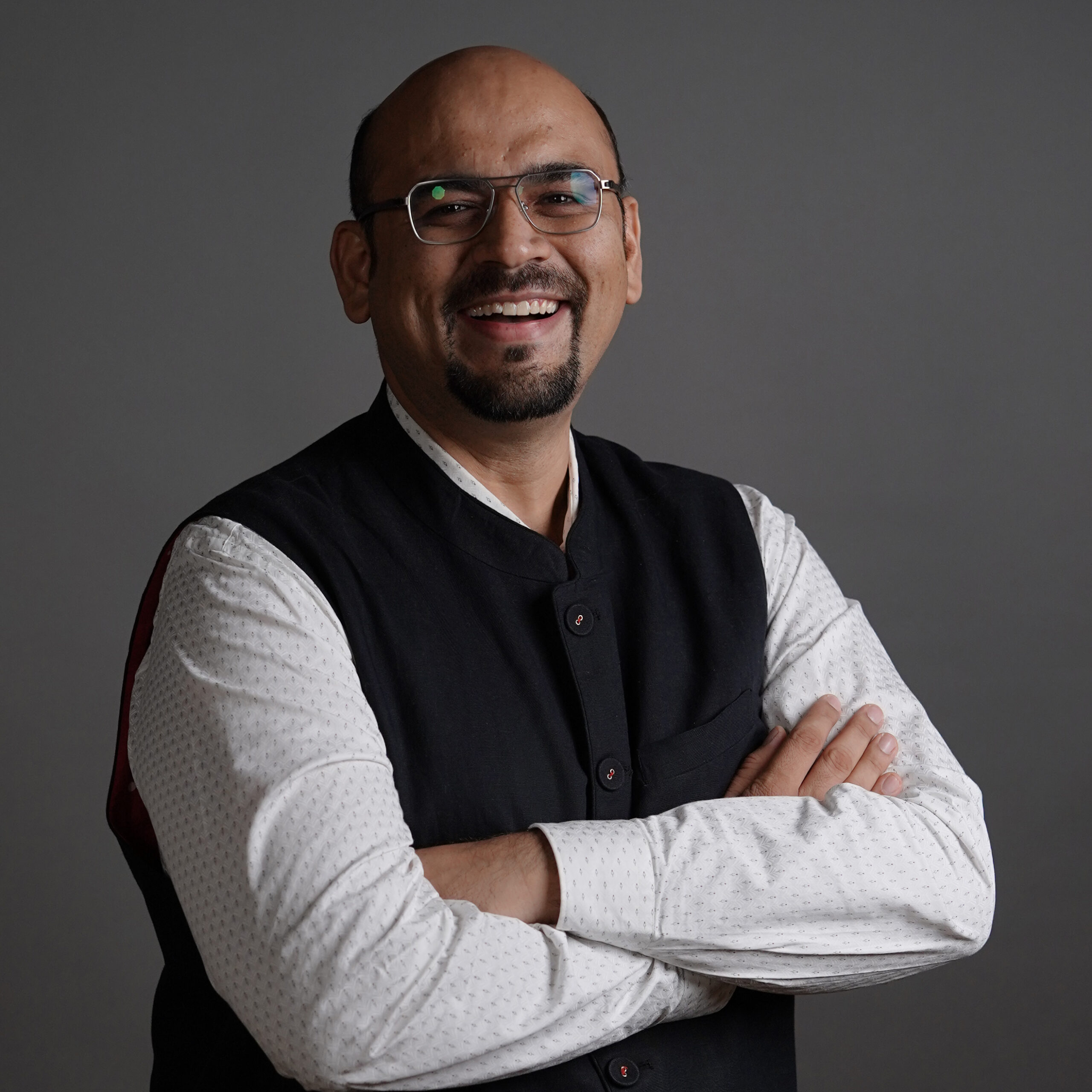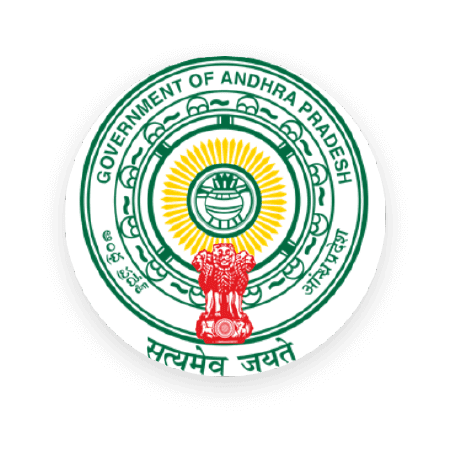Liberia is rolling out a healthcare initiative aimed at boosting malaria prevention through digital innovation. This involves a collaborative effort between local and international partners, utilising the DIGIT HCM platform to streamline health services.
Here’s how it works:
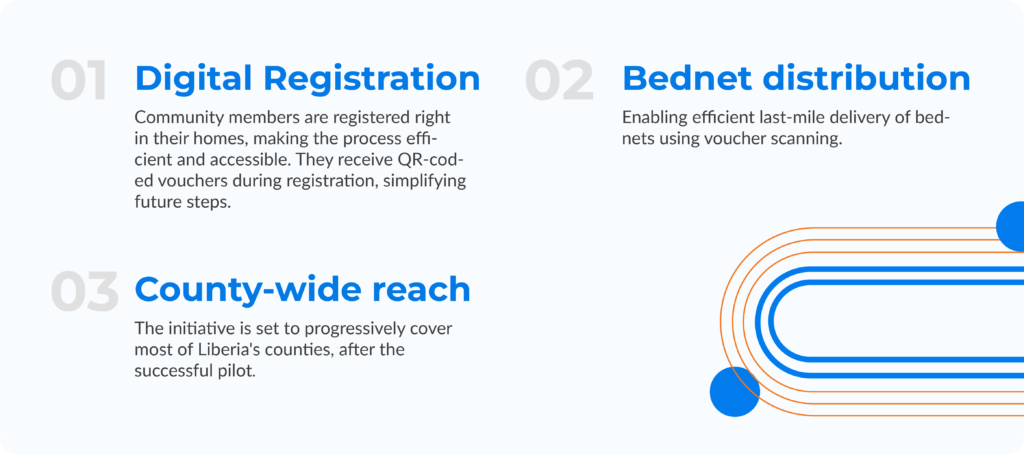
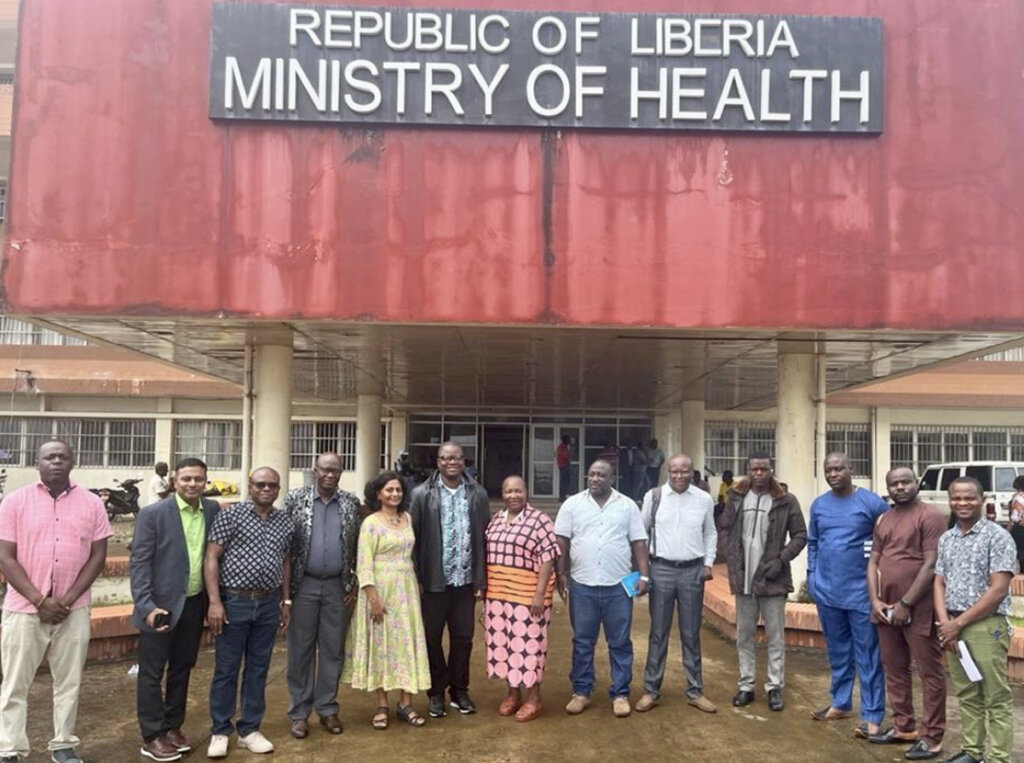
eGov and Liberia’s Ministry of Health: Paving the way for a malaria bednet campaign
Liberia’s story, followed by that of Mozambique’s, highlights a significant stride in utilising DIGIT HCM for health campaigns across Africa. The pilot, scheduled for March-April 2024, exemplifies the scale-at-speed model.
Led by the joint efforts of organisations such as National Malaria Control Program (NMCP), Catholic Relief Services and Plan International, with support from influential groups like the Bill and Melinda Gates Foundation and the Global Fund, it represents a significant step towards advancing healthcare. The Alliance for Malaria Prevention (AMP) contributes with essential strategic advice, leveraging their expertise in malaria control to optimise the project’s effectiveness and enhance its overall impact.
Empowering health heroes
As part of the fight against malaria, a digitalization training program was launched to prepare campaign workers, starting with a Master ToT (Training of Trainers) that laid the foundation for the entire training cascade. During the master training, the trainees were trained on programmatic aspects of the bednet campaign and the digitalization tool to be used during the campaign. While NMCP led the training around the program, eGov led the digitalization training. This training was crucial as these trainees were eventually responsible for cascading the knowledge to the last mile workers enabling the grassroots to quickly adopt and use the HCM platform.
Led by Alade, the first session provided a comprehensive overview of the malaria situation in Liberia, detailing potential challenges and strategies for addressing them. The program covered essential topics such as progress monitoring, logistics management, and the effective distribution of insecticide-treated mosquito nets. The introduction of digital tools simplified the distribution and registration processes, giving participants practical experience in warehouse management and oversight of distribution activities.
The Master ToT was structured over five days, with the first two focusing on the programmatic aspects of the campaign and the last three dedicated to training on the digital application. A total of 20 participants attended the Master ToT, 30 participated in the County ToT and 319 individuals were trained in Household Registrar Training, performing cascade training down to the household registrar. The Liberia country teams led the County ToT and Household Registrar Trainings, while eGov ensured the quality and correctness of the training delivery.
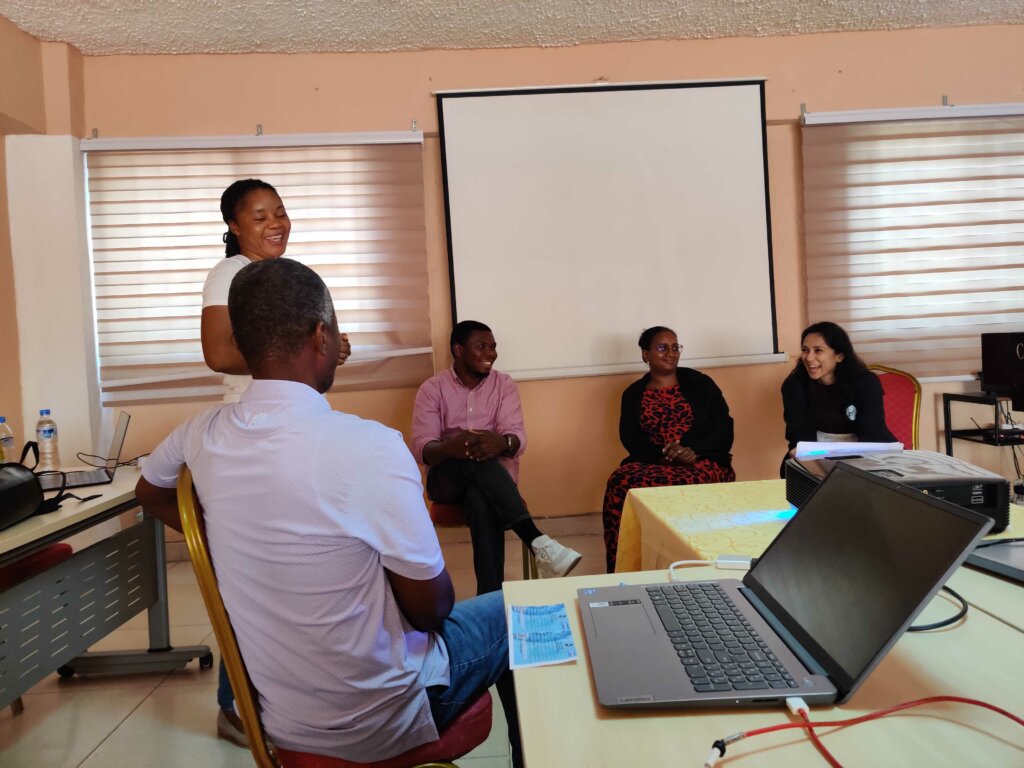
Role play as a part of the trainings
Inspired by Mozambique’s successful mosquito net campaign, the final part of the training emphasised the importance of meticulous oversight and community engagement. This training not only aimed to enhance skills but also to foster strong teamwork and determination among participants.
Reflecting on the initiative, it’s clear that the learnings from Mozambique were instrumental in shaping the approach in Liberia, helping to avoid past mistakes. This training highlighted the collective effort and hard work of all involved, supported by Liberia’s warm hospitality. It stands as a testament to the power of collective action, demonstrating how collaborative efforts and shared determination are crucial in addressing public health challenges. With each digital registration and every distributed bednet, we move closer to realising a malaria-free world.
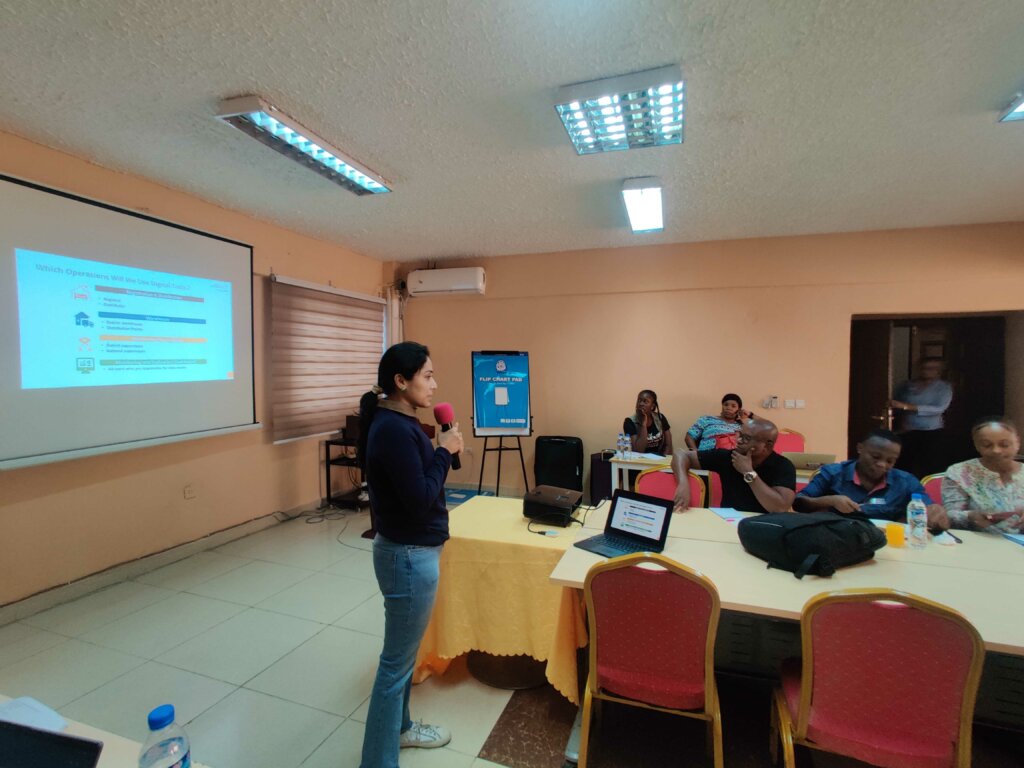
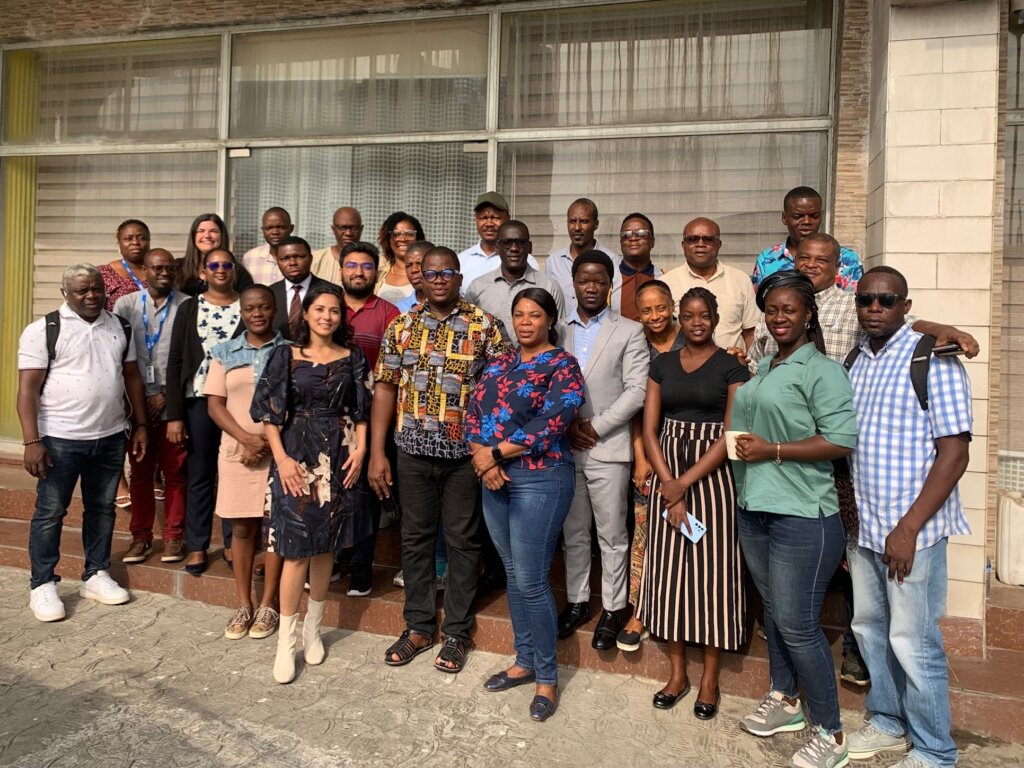
Training sessions with country teams
